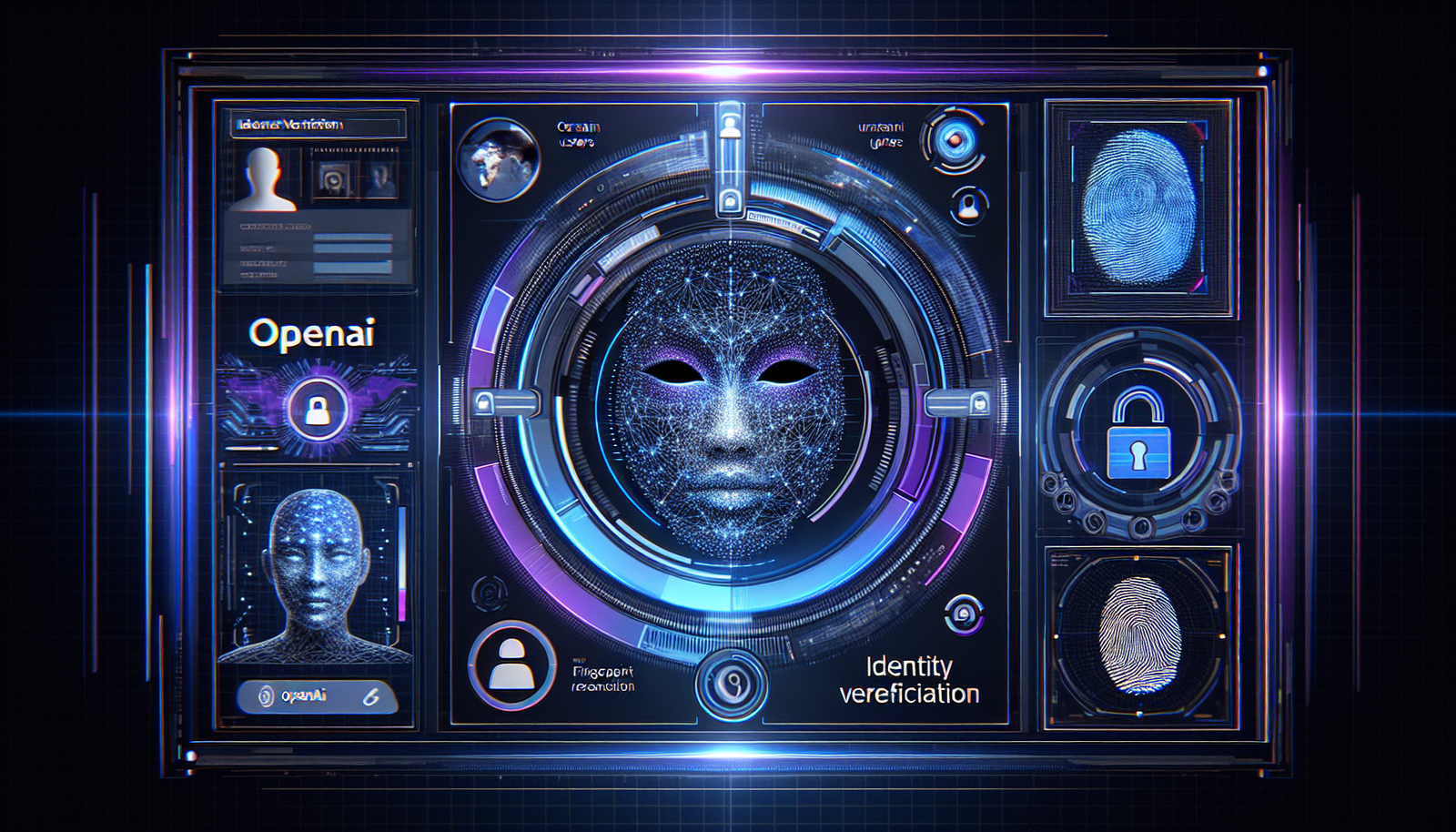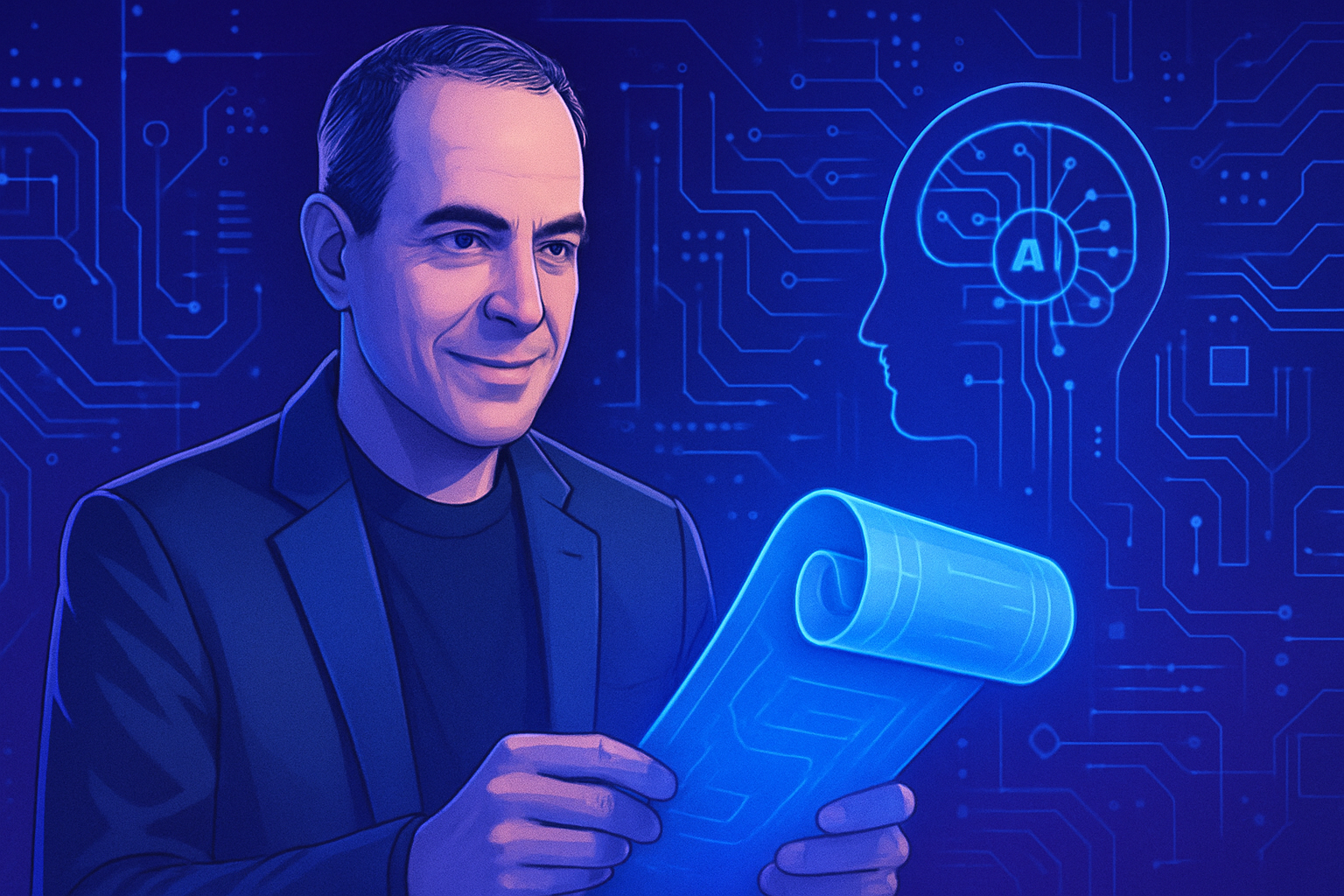The introduction of identity verification by OpenAI marks a crucial evolution in managing access to AI models. The process, designated “Organization Verification”, imposes a rigorous framework to ensure ethical and secure use of advanced technologies. This initiative aims to restrict abuses and protect intellectual property in an increasingly complex technological landscape. Access restrictions to prevent abuse and violations of usage policies, this is the new reality that organizations must now adapt to. By implementing this verification, OpenAI reaffirms its commitment to the responsible use of artificial intelligence.
Identity Verification for OpenAI Users
OpenAI plans to introduce an identity verification process to access certain of its artificial intelligence (AI) models. This initiative, known as Verified Organization, constitutes an innovative method for developers to unlock access to the most advanced models and capabilities of the OpenAI platform.
Eligibility Criteria
To qualify for this verification, organizations will need to submit a government-issued ID from a country where the OpenAI API is available. It is stipulated that a single ID can verify only one organization every 90 days. This restriction aims to maintain rigor in the verification process, although not all applications will necessarily be accepted.
Verification Objectives
OpenAI emphasizes the necessity of this verification to ensure AI usage that is both secure and accessible. The company is concerned about the misuse of its APIs, which could be orchestrated by a minority of developers acting in violation of its usage policies. This approach aims to reduce risks associated with unintended use of artificial intelligence.
Preventing Abuse and Data Protection
This new verification measure not only aims to restrict access, but also to combat the theft of intellectual property. Previous investigations by OpenAI have revealed attempts at data extraction by groups linked to organizations like the AI lab DeepSeek, based in China. A news report has also reported on the banning of accounts in China using ChatGPT for social media surveillance.
Consequences and Recent News
Changes to the verification processes come as OpenAI plans to withdraw its GPT-4 model from ChatGPT by April 30. However, developers will continue to access GPT-4 via the OpenAI API, highlighting the desire to maintain accessibility while securing its environment. This control of access is part of ongoing efforts to combat the abusive exploitation of AI technologies.
Impact on AI Development
The implications of this new verification policy could have significant repercussions on how developers work with OpenAI models. The necessity for rigorous verification may prompt some stakeholders to rethink their strategies for using OpenAI APIs, particularly regarding digital identity fraud.
The implementation of this verification could also influence the competitive landscape of AI. Organizations wishing to access advanced models will need to comply with these new requirements to ensure their compliance and integrity. This echoes broader issues of regulation and security associated with AI, already highlighted by previous incidents in the technological ecosystem.
Repercussions on the Developer Community
This initiative could also spark debates within the developer community around the issue of responsibility related to the use of artificial intelligence. The implementation of identity verification is a step towards a safer and more responsible AI, but it also raises questions about how access to AI tools should be regulated. The repercussions of this evolution will be closely monitored by both users and regulators.
Frequently Asked Questions about OpenAI Identity Verifications
Why is OpenAI introducing an identity verification process?
OpenAI aims to ensure secure and responsible use of its AI models by reducing potential abuse of its APIs by malicious developers.
How can an organization submit for identity verification?
To be verified, an organization must submit a government-issued ID from a country where the OpenAI API is accessible. A single ID can verify one organization every 90 days.
What types of identification are accepted for verification?
OpenAI accepts only government-issued IDs, which includes passports, national identity cards, and other forms of official documentation.
Will all developers be eligible for verification?
No, not all organizations applying will necessarily be eligible. OpenAI will determine eligibility on a case-by-case basis.
What measures is OpenAI taking to prevent misuse of its models?
OpenAI has implemented reports detailing its efforts to detect and prevent model abuses, including access restrictions for users whose usage does not comply with the company’s policies.
What is the validity period of an identity verification?
An identity verification is valid for an organization for 90 days, after which a new verification will be necessary if access is to be extended.
Do identity verifications affect all OpenAI users?
This will not affect all users, but primarily those seeking to access advanced AI models via the OpenAI API.
What will happen if an organization violates OpenAI’s usage policies?
OpenAI reserves the right to restrict access to API features and ban accounts that violate its usage policies.
When will OpenAI implement this identity verification process?
The implementation of this verification process will begin soon, although the exact date has not been specified.





